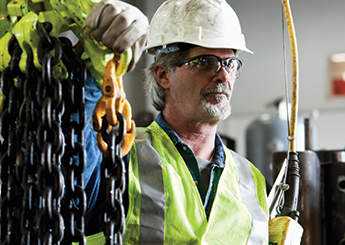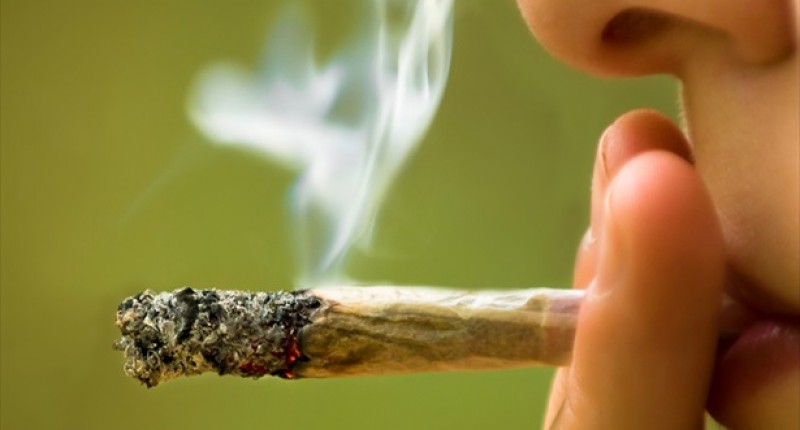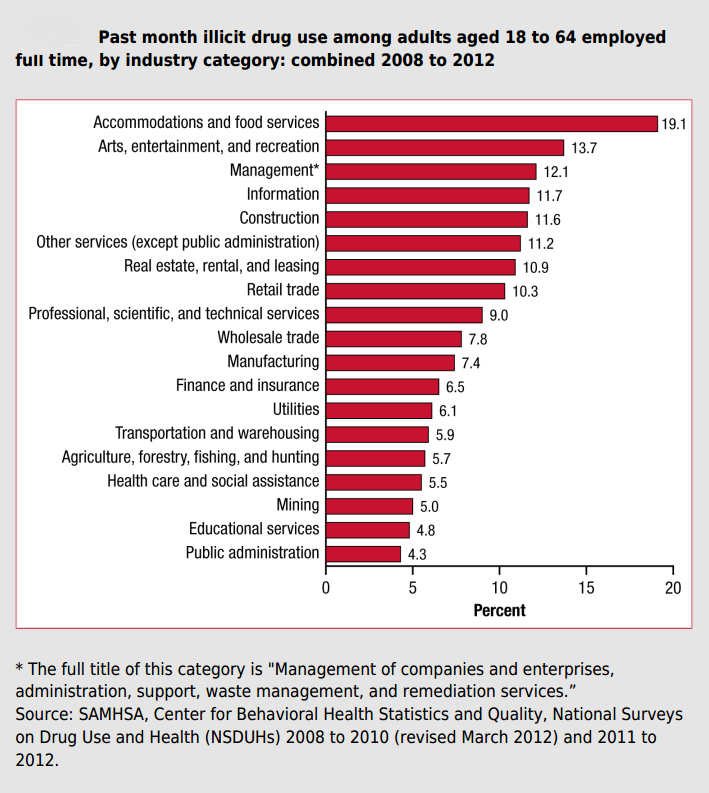Did employer completely ignore workers’ safety concerns?
More than a dozen times over a two-month period, employees made notations in logs about a crane cable that needed to be repaired. But a court said the company “utterly failed to take steps to discover violations.” What happened when the company appealed a $56,000 OSHA fine?









